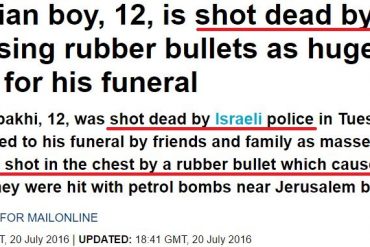1) At the INSS, Noa Shusterman looks at ‘The Palestinians and the Crisis in Ukraine’.
“While most Western countries condemned the Russian invasion of Ukraine at the United National General Assembly, the Palestinian Authority remained silent. The Palestinians regard the Ukrainian struggle against the invasion as competing with them for international attention. They are frustrated that their struggle is cast by many as terrorism, while the struggle in Ukraine is treated as a just war for freedom. The Palestinians have accordingly neither expressed any public empathy for the Ukrainians nor demonstrated any solidarity with them. In addition, the Palestinians are careful to avoid any possible damage to their relations with Russia, which they consider an ally.”
2) Also at the INSS, Yohanan Tzoreff discusses possible security deterioration in relation to Ramadan.
“The talk in Israel in recent weeks over possible escalation in the Israeli-Palestinian arena in advance of the upcoming month of Ramadan received new momentum with the two recent deadly attacks: the attack in Beer Sheva by a resident of Hura who was identified with ISIS, and the attack in Hadera by two ISIS loyalists from Umm al-Fahm, which killed two border police officers. Behind this discourse is the deterioration of security in the West Bank and the memory of May 2021 and Operation Guardian of the Walls, which boosted the status of Hamas. At the same time, the discourse ignores recent changes in the Palestinian arena.”
3) At WINEP, Aurora Ortega reports on ‘Hezbollah in Colombia’.
“Hezbollah is a multifaceted organization whose presence and wide range of activities in Latin America are well documented. While Venezuela and the Tri-Border Area, covering Argentina, Paraguay, and Brazil, have been the dominant focal point for research on the terrorist group’s Latin American operations, recent events demonstrate that Hezbollah’s activities in less noted countries warrant increased scrutiny in order to identify, understand, and proactively disrupt Hezbollah’s operations in the Western Hemisphere.”
4) At the Fathom Journal, Euan Phillips discusses the UK Labour party’s current narrative on antisemitism.
“Labour’s post-EHRC narrative, then, is that Jewish Labour members referred the Labour Party to the EHRC, the EHRC investigated and made recommendations, and now Labour is, in Margaret Hodge’s words, ‘[slamming] the door on the darkest period of Labour’s long and proud history’. It is a simple, powerful and reassuring narrative. Ahead of local council elections in May 2022 and a likely general election in 2024, those elements of the Jewish community who are strongly aligned with the Labour Party leadership have chimed in with this narrative. Dissenting voices are being ignored.
The trouble is, Labour’s narrative is misleading, Labour’s understanding of the problem of contemporary antisemitism is still too narrow, and the measures taken so far to counter the antisemitism remain inadequate.”





